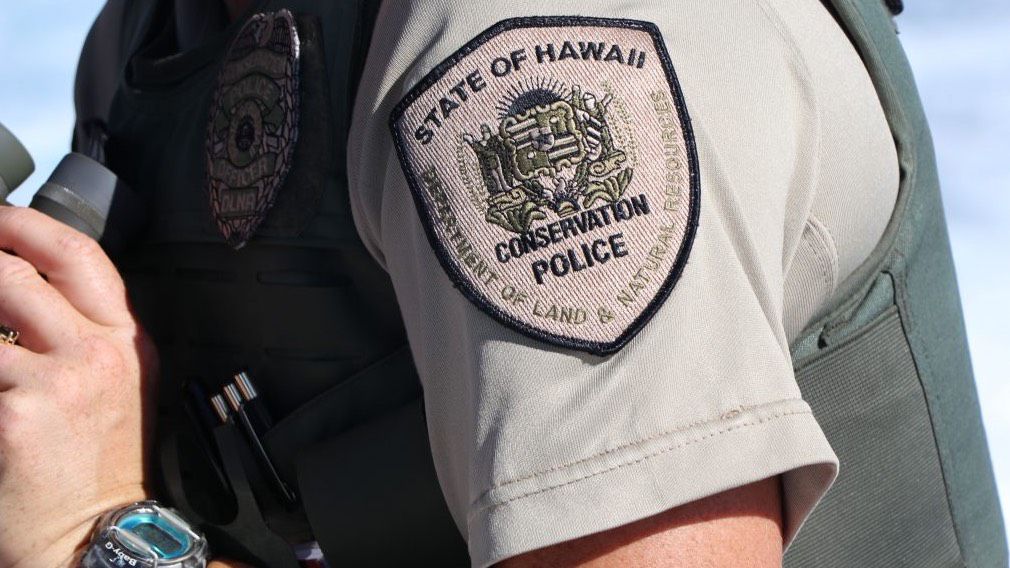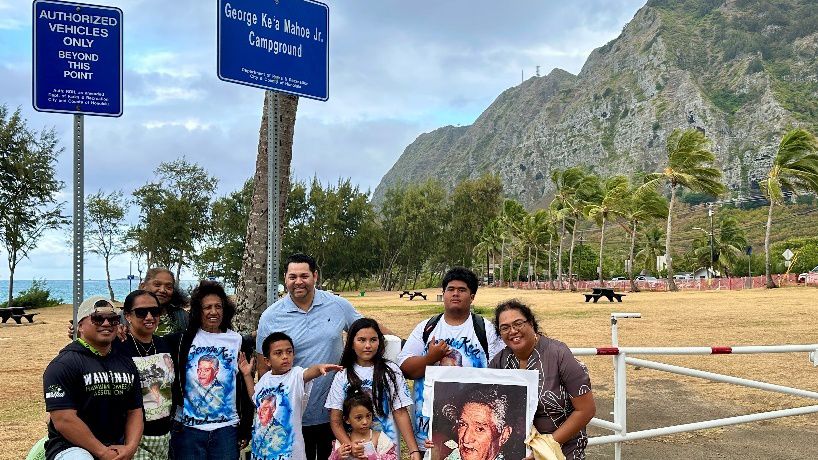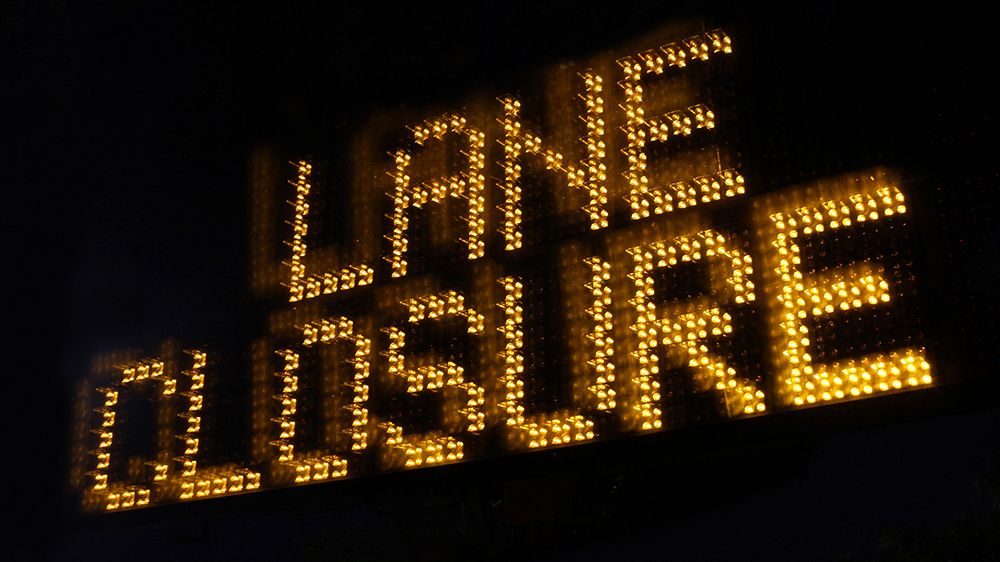State conservation enforcement resource officers will be empowered to issue tickets or fines on the spot for civil violations under a new three-month Department of Land and Natural Resources pilot project.
Officers from DLNR’s Division of Conservation and Resources Enforcement will now be able to write civil citations for rules violations on lands under the jurisdiction of the department’s Division of Forestry and Wildlife, Division of Aquatic Resources and Division of Boating and Ocean Recreation.
The program, which operates as a civil resource violation system, provides the department with another tool for enforcing state conservation laws for civil violations that carry non-criminal penalties.
DLNR retains the ability to carry out physical arrest and the issuance of criminal citations that carry criminal penalties.
According to DLNR, the CRVS functions like a traffic ticket. DOCARE officers issue a notice of violation to a suspected violator, who can admit the violation and pay the fine; admit the violation with mitigating circumstances and wait for a response from the CRVS hearing officer; or contest the violation and wait for a hearing notice from the CRVS hearing officer.
Violations are processed by the DLNR Administrative Proceedings Office rather than going through the district court system. Fines are collected in a special fund account rather than deposited in the State General Fund. For civil offenses, the standard of proof is lower than it would be for criminal offenses.
DLNR expects to fully deploy CRVS in February 2024. The three-month pilot will provide time for officer training, the development of guidance for office discretion and other protocols.
“Our information shows that Hawaii is the third state to implement a CRVS, after Vermont and Oregon,” said DLNR director Dawn Chang. “We expect the civil violation system will provide our DOCARE officers with greater latitude in addressing resource violations; will reduce the amount of time they need to be in court and away from the field; and let violators know immediately the penalties for violating natural and cultural resources laws and rules and give them an opportunity to immediately settle their cases.”
Michael Tsai covers local and state politics for Spectrum News Hawaii. He can be reached at michael.tsai@charter.com.









